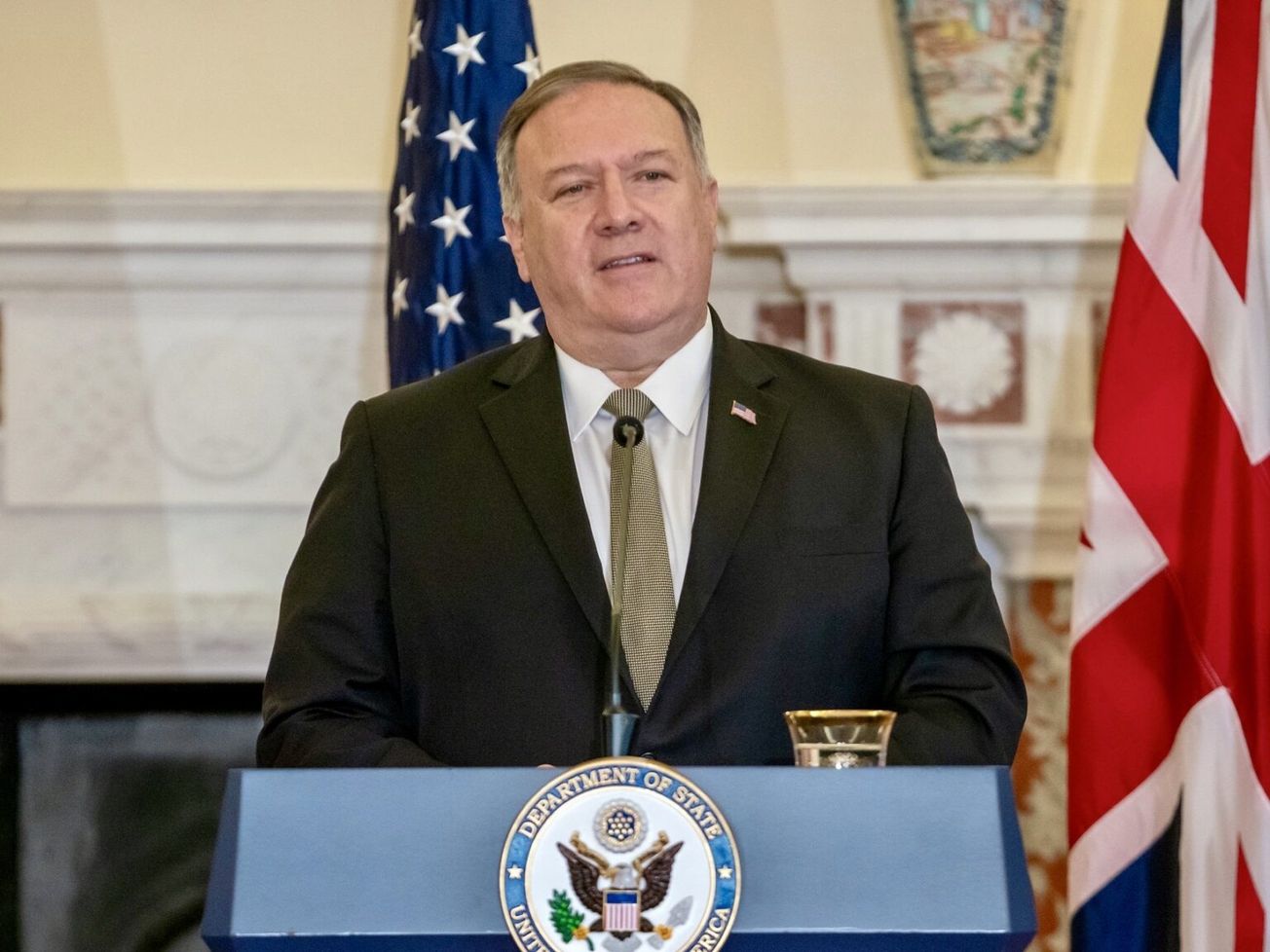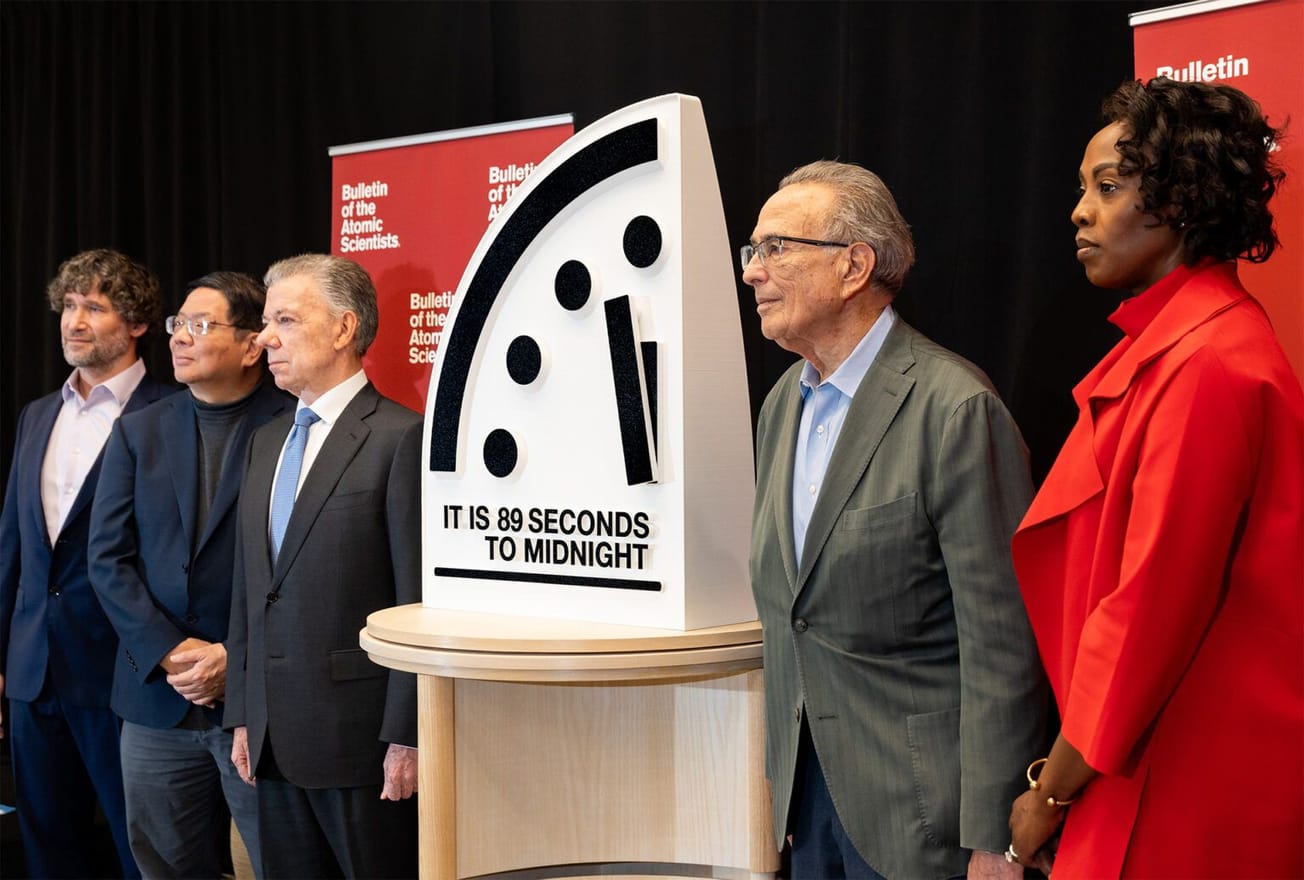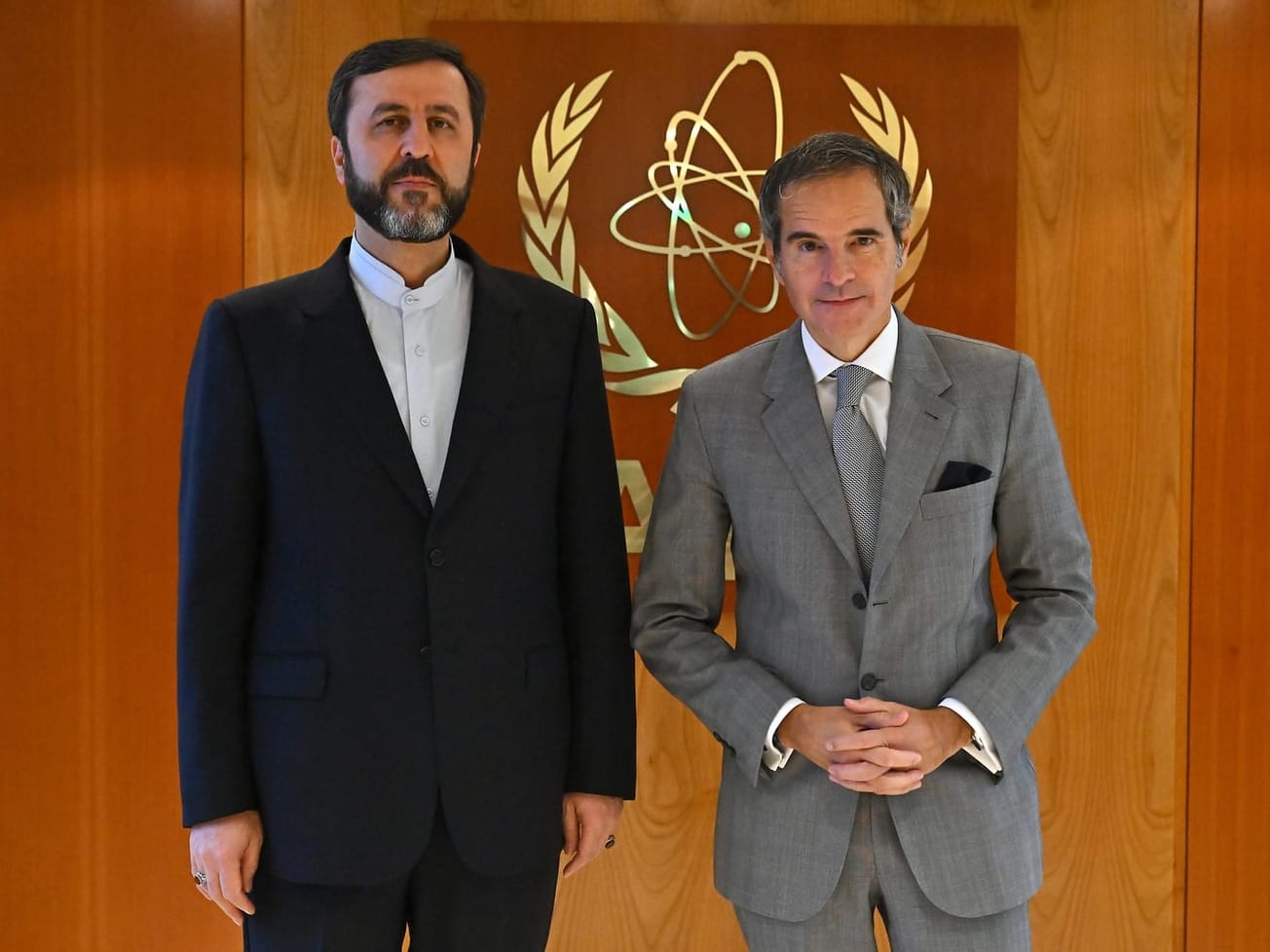WASHINGTON (AN) — U.S. President Donald Trump's administration followed through on its threat to unilaterally restore sanctions against Iran on Monday, defying widespread international criticism that the action is illegal.
The Trump administration, after failing to persuade the United Nations Security Council to use the 2015 Iran nuclear deal to restore sanctions against Tehran, said it was triggering a "non-performance” clause under the deal allowing for so-called “snapback” U.N. sanctions.
"The United States has now restored U.N. sanctions on Iran," Trump said in a White House statement after he signed an executive order instituting the sanctions. "The world cannot afford to sit idly by as Iran builds a nuclear weapon. My administration is restoring these sanctions as part of our efforts to ensure that never happens."
Such an action calls for reimposing U.N.-backed penalties for uranium enrichment, use of ballistic missiles and other sanctions that all 193 U.N. member nations would be obliged to enforce. Many other nations say the action is illegal, however, and that the Trump administration cannot invoke any aspect of the deal — because it announced in May 2018 that it was reneging on the deal.
The nuclear deal, known as the Joint Comprehensive Plan of Action, or JCPOA, lifted crippling U.N.-authorized economic sanctions on Iran and imposed enforceable limits on its nuclear program. Initially it included the Security Council’s five permanent, veto-wielding members — Britain, China, France, Russia and the United States — plus Germany and the European Union.
The 15-nation council, which is the most powerful arm of the United Nations, unanimously endorsed the JCPOA in a July 2015 resolution with the support of its five permanent members. But Trump announced more than two years ago that he would withdraw from the treaty and reintroduce U.S. sanctions on Iran to ratchet up pressure on Tehran’s economy and ruling regime.
In Vienna, Ali Akbar Salehi, head of Iran’s nuclear agency, told delegates at an International Atomic Energy Agency meeting on Monday that the JCPOA has been “caught in a quasi-stalemate situation” but is still worthwhile. IAEA says Iran has been violating the deal's uranium enrichment limits.
“There is still a broad agreement among the international community that the JCPOA should be preserved,” he said by video conference.
U.S. Secretary of State Mike Pompeo announced on Saturday that the administration was triggering the snapback provision of U.N. Security Council Resolution 2231 at 8 p.m. Eastern Daylight Time in Washington, precisely 30 days since he notified the council that Iran was violating the deal.
The signatories to the nuclear deal also have agreed to let an embargo on arms trade with Iran expire this year on October 18.
The council imposed a partial embargo on the export of nuclear-related technology to Iran in 2006, then added an embargo on arms exports from Iran in 2007. The council's embargo on the export of most major conventional weapons to Iran followed in 2010, and was amended in 2015 to allow specific exemptions.
"The United States took this decisive action because, in addition to Iran’s failure to perform its JCPOA commitments, the Security Council failed to extend the U.N. arms embargo on Iran, which had been in place for 13 years," Pompeo said in a statement.
"The Security Council’s inaction would have paved the way for Iran to buy all manner of conventional weapons on October 18. Fortunately for the world, the United States took responsible action to stop this from happening," he said. "In accordance with our rights under UNSCR 2231, we initiated the snapback process to restore virtually all previously terminated U.N. sanctions, including the arms embargo. The world will be safer as a result."
U.N. 'uncertainty' over U.S. action
Pompeo also said the administration would "impose consequences" on other U.N. member nations that do not abide by the U.S. action.
"The United States expects all U.N. member states to fully comply with their obligations to implement these measures," he said. "In addition to the arms embargo, this includes restrictions such as the ban on Iran engaging in enrichment and reprocessing-related activities, the prohibition on ballistic missile testing and development by Iran, and sanctions on the transfer of nuclear- and missile-related technologies to Iran, among others."
On August 25, however, the Security Council rejected the U.S. attempt to use the nuclear deal to restore international sanctions against Tehran, further exposing how isolated the Trump administration has become from the international community.
The U.S. had sent notice five days earlier demanding restoration of all U.N. sanctions on Iran, arguing it still had standing as a council member and as an original participant in the deal.
In response, Indonesia’s U.N. Ambassador Dian Triansyah Djani, whose nation held the rotating council presidency in August, announced that most of the council’s 15 member nations, including traditional U.S. allies Britain, France and Germany, viewed the U.S. demands as illegal and unreasonable. The only exceptions were the U.S. and Dominican Republic.
On Saturday, Iran's government wrote to the council saying the U.S. action is "null and void, has no legal standing and effect and is thus completely unacceptable.”
In a letter to Niger's U.N. Ambassador Abdou Abarry, whose nation holds the council presidency for September, U.N. Secretary-General António Guterres requested clarification on how the U.N. Secretariat should respond in the face of "uncertainty" over Pompeo's announced action on Iran.








